After a drunken backyard BBQ last weekend, I climbed into bed and started messaging with a boy I’d matched with on Hinge. Spurred on by booze, which had warmed me up as the spring evening grew into a cold night, the conversation moved quickly – messages popping up as fast as I’d sent them in a digital imitation of witty back-and-forth. When he said he was going to bed and would message me the next day, I put the phone down and thought about what was next.
I felt, with online dating, we now had to navigate specific hurdles; when (if ever) do you move from the app to swapping numbers? If you do it too soon, your contacts might look like mine, filled with various men I’ve never actually met saved alongside the app they came from (Dan (Grindr), Alex (Tinder), Max (Hinge) etc.) but, do it too late, and you risk looking uninterested, or unbothered about where things might be going. If you break through that barrier, another appears: when do you graduate from a purely online existence to “IRL”? Talk for too long, and you exhaust all topics of conversation until it ends in a drab fizzle. Do it too soon and you risk being stuck in a pub garden trying to reconcile the fact the thirty-two-year-old man in front of you “loves” rollercoasters.
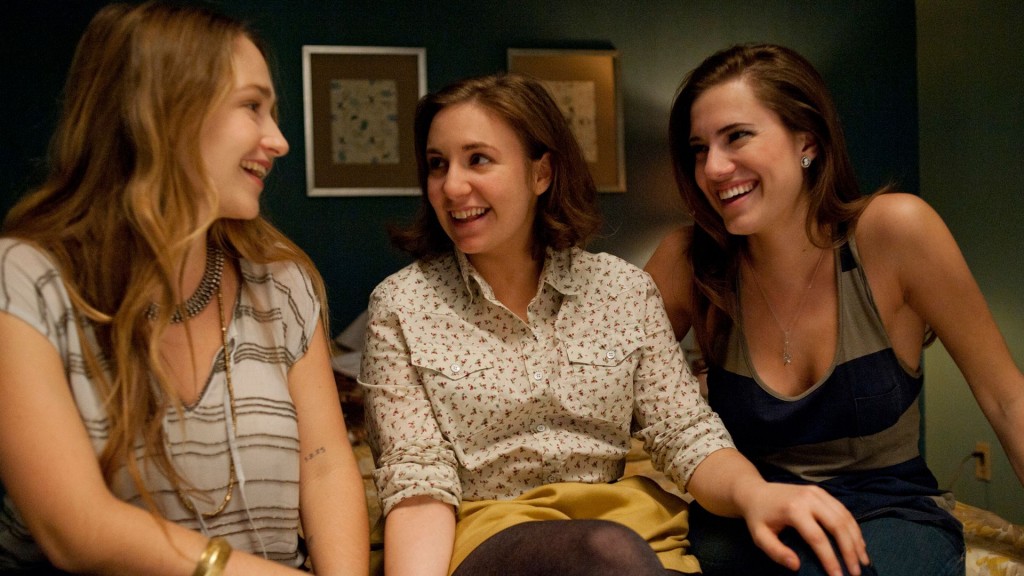
Navigating online chat has been a staple of the past decade; the how’s, when’s and why’s of it seeping into the shows we watched. In the first episode of Lena Dunham’s show GIRLS, which premiered in 2012, Marnie, a 23-year-old gallery assistant, discusses what she calls “the totem of chat”. The lowest form of communication with men “would be Facebook, followed by Gchat, then texting, then email, then phone. Face to face is, of course, ideal, but it’s not of this time.” She says this in response to Hannah, a wannabe writer recently cut off financially by her parents, who is complaining that she can’t read the boy she’s seeing. Sometimes he feels so present, and, at other times, he’s so absent she feels as though she “invented him”.
Just as Dunham did with GIRLS, many shows in recent years have tried to explore the complexities of millennial life which, quite often, includes online dating. There’s Abbi, on Broad City, a Tinder-novice who doesn’t realise there is an option to swipe left, or Molly, on Insecure, desperately waiting to be let into “The League” – an elite invite-only dating app – because, she says, tinder is a “fuck app”. The spectre of online dating seems prevalent on these shows because it highlights that generational divide most precisely; this specific 21st Century problem that millennials are forced to deal with.
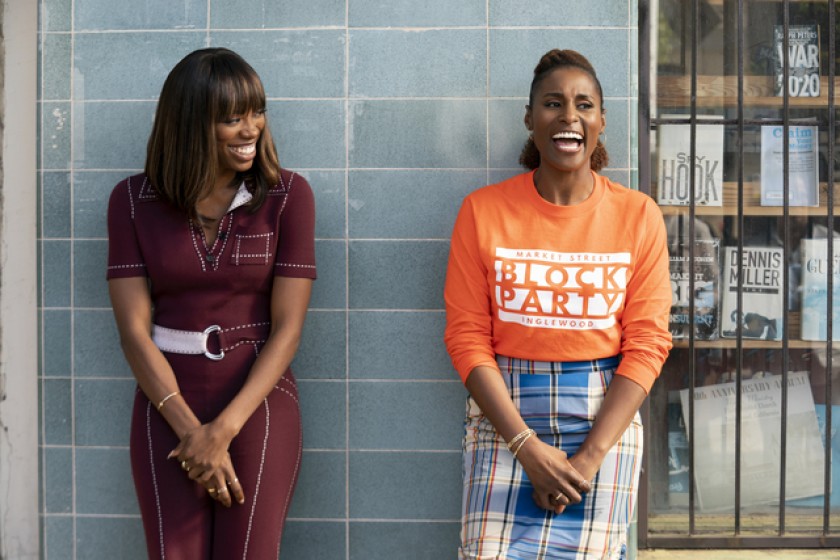
In fact, due to online dating, millennial comedies often claim romance is dead, at least in any traditional sense. Instead, these shows attempt to move away from a kind of Gen X idealism, for better or worse. What linked shows like Sex and the City, Girlfriends, Will and Grace, and Friends was their role as escapism, but now protagonists meet their love interests online or as sex buddies first instead of with grand meet-cutes or ten years of “will-they-won’t-they” storylines. Elsewhere, we see these characters wear the same clothes again and again, watch them live in rundown housing complexes or tiny apartments, and see them work at jobs they don’t love and/or aren’t fit for. Long gone are the days of large offices at Ralph Lauren, walk-in closets, and spacious “rent-controlled” apartments. Instead, they’ve been replaced with relying on parents for financial support and bad, but realistic, sex with men who won’t text back.
Of course, this is only one kind of millennial experience and TV shows that aim to capture it often receive substantial criticism. It seemed an episode of GIRLS couldn’t pass without controversy, which was often, though not always, valid. Other shows were critiqued for their whiteness, their privilege, their appropriation of other cultures, their relation to the middle classes, and their representation of a singular millennial voice that doesn’t exist. The millennial experience is vast and diverse, categorised for most by significant gaps in privilege and generational wealth, and those in receipt of those things seem to be the ones who – whether they want to or not – get to define the experience for all.
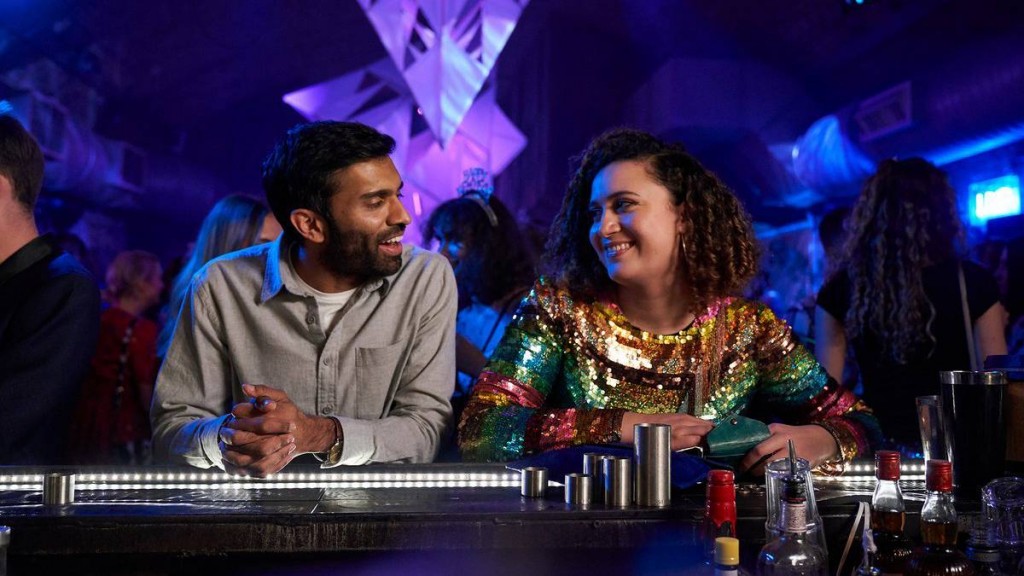
In its attempts to tackle what’s real rather than fantasy, millennial comedy has tried to latch onto the things that seem murky or depressing. It has thought it might, to varying degrees of success, turn those experiences into television. But, in 2021, there has been a move away from that, at least in a way that’s so defined. Most recently, Rose Matafeo’s Starstruck added a millennial spin on romantic comedy with a diverse cast of well-drawn and loveable characters. Shrill, which returns for its third and final season next month, critiques #Girlboss feminism, body shaming, and online troll culture. Both shows offer a sense of awareness; they seem to know how annoying shows like theirs can be to general audiences, and make strides to distinguish themselves.
Does this mean that millennial comedy, after nearly a decade, is maturing into something else? Maybe. Influenced by years of controversy, think-pieces, accusations of navel-gazing and solipsism shows now know that any attempt at proclaiming universality will be met with resistance. You only have to look back to Dunham, whose character proclaimed, whilst high on Shrooms, she thought she might be “the voice of generation”. Whether or not an audience could tell they were satirical (they were!), those words have haunted Dunham for the better part of a decade, as a seeming example of the narcissism most (though not this writer) saw at the heart of GIRLS. Those words have been used as a stick to beat any millennial comedy that attempted to speak for all, and perhaps for good reason. After all, despite a few misses now and then, millennial comedies seem less interested in appealing to everyone. The voice of our generation is nowhere to be seen.
Also Read: How Film Changed Me: On Teen Shows


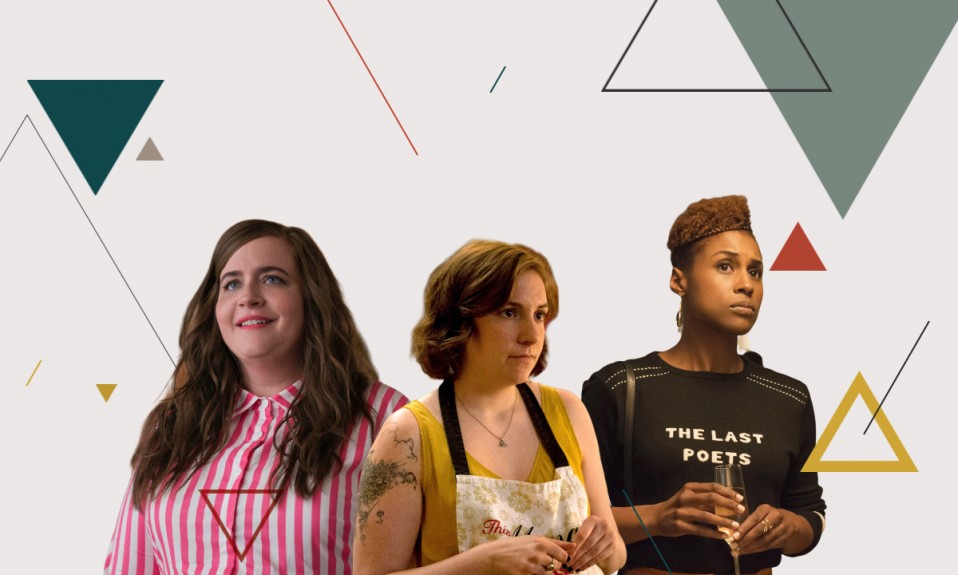
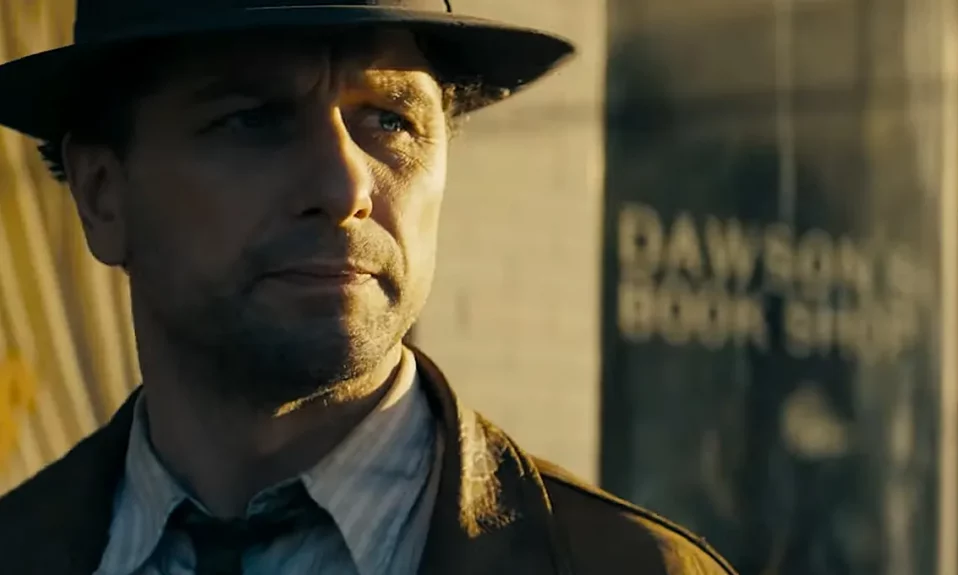

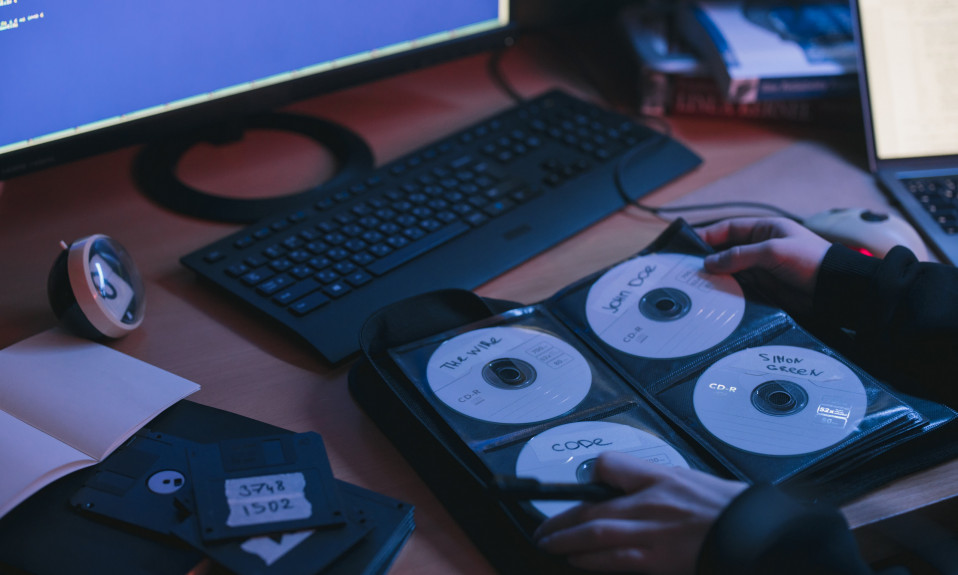








1 Comment
Comments are closed.